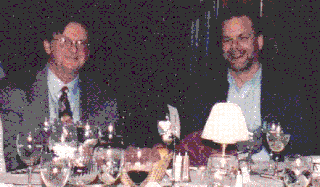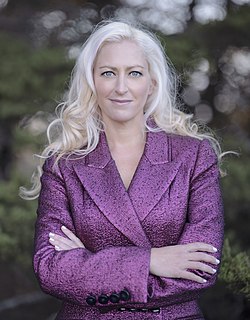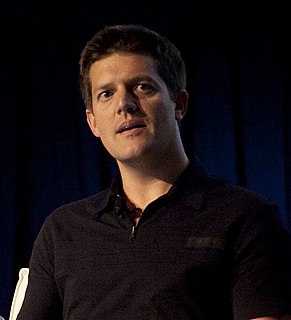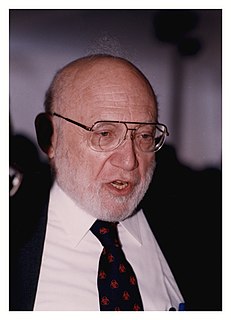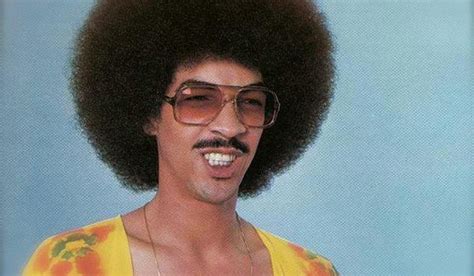A Quote by Tyler Cowen
The iPhone is made on a global scale, and it blends computers, the Internet, communications, and artificial intelligence in one blockbuster, game-changing innovation. It reflects so many of the things that our contemporary world is good at - indeed, great at.
Related Quotes
I think whatever nation or whoever develops one artificial intelligence will probably make it so that artificial intelligence always stays ahead of any other developing artificial intelligence at any other point in time. It might even do things like send viruses to a second artificial intelligence, just so it can wipe it out, to protect its grounds. It's gonna be very similar to national politics.
In Dublin, we open The Dock, our new multidisciplinary innovation R&D and incubation hub where all elements of our innovation architecture come to life. The Dock is a launch pad for our more than 200 researchers to innovate with clients and acquisition partners with a particular focus on artificial intelligence.
The very comprehensibility of the world points to an intelligence behind the world. Indeed, science would be impossible if our intelligence were not adapted to the intelligibility of the world. The match between our intelligence and the intelligibility of the world is no accident. Nor can it properly be attributed to natural selection, which places a premium on survival and reproduction and has no stake in truth or conscious thought. Indeed, meat-puppet robots are just fine as the output of a Darwinian evolutionary process.
It's great that the Internet can enhance and speed up our communications and that computers can do all the things they do. It's fabulous. At the same time, it changes our priorities. For example, before I would always remember people's telephone numbers and now I don't know anyone's number. So what happens if computer systems go down but you still have landlines? Well, I couldn't call anyone because I don't know anyone's number.
In the future, I think it's pretty plausible that collective intelligence tools and skills will be important in order to be a part of global dialog, global business, and global creativity. People who know how to negotiate collective intelligence networks are going to be in a good position to contribute to global society.
Artificial intelligence is based on the assumption that the mind can be described as some kind of formal system manipulating symbols that stand for things in the world. Thus it doesn't matter what the brain is made of, or what it uses for tokens in the great game of thinking. Using an equivalent set of tokens and rules, we can do thinking with a digital computer, just as we can play chess using cups, salt and pepper shakers, knives, forks, and spoons. Using the right software, one system (the mind) can be mapped onto the other (the computer).







